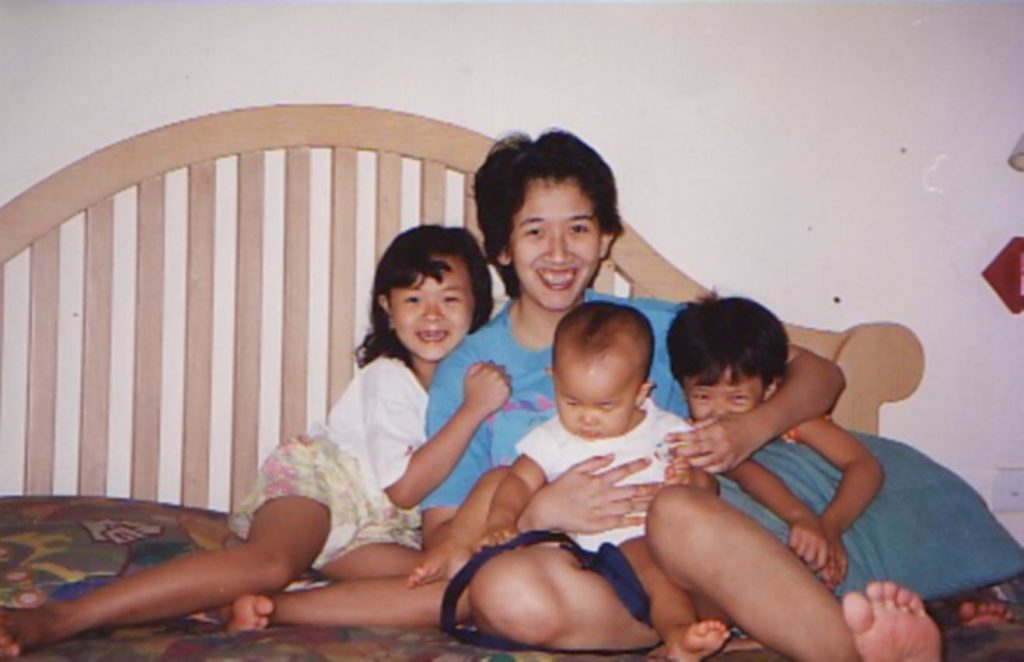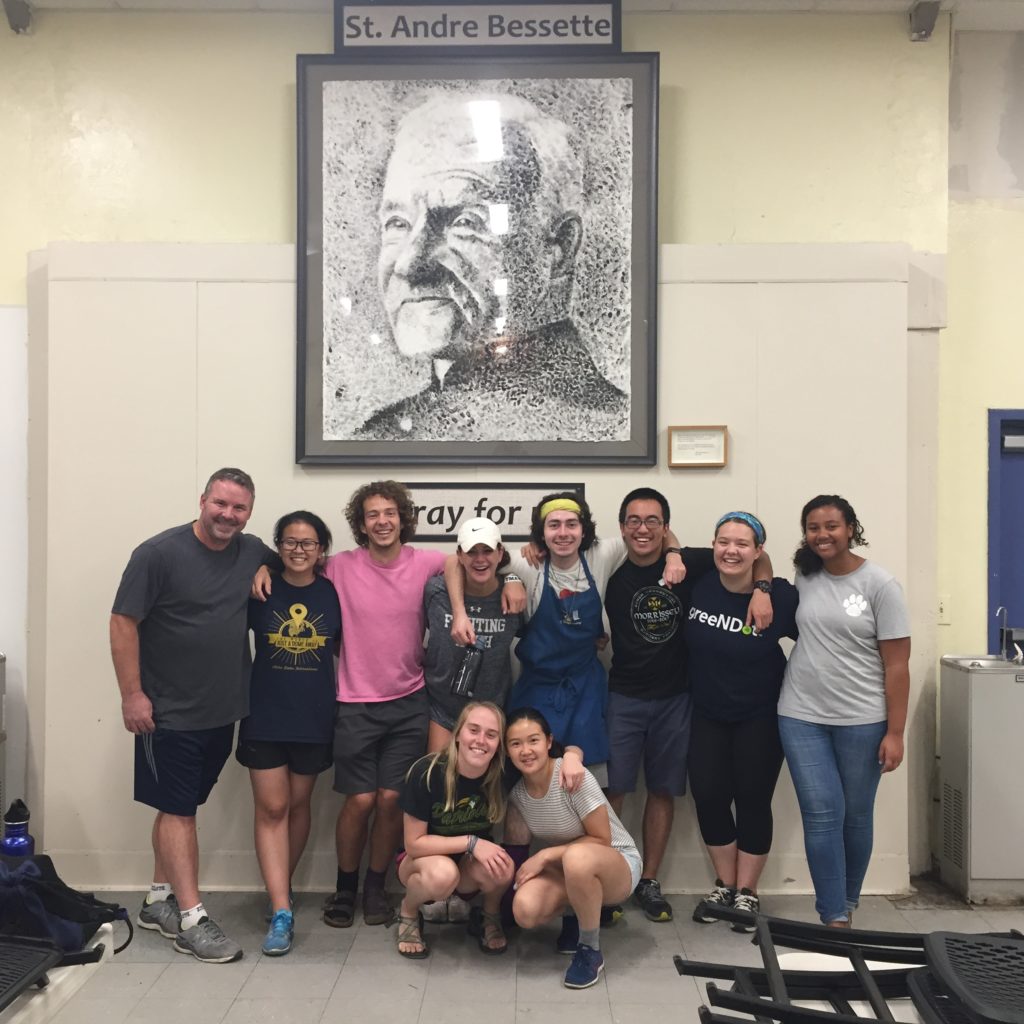Regina Ekaputri, Senior Anchor Intern
“Where is home for you?”
It’s a question that I get asked quite often here at Notre Dame, and I’m sure it’s one of the most common conversation starters for many of us. Most of the time, I would always take the question literally, answering that I grew up just a little bit outside Jakarta, Indonesia. It’s easy; it’s where most of my family is, and where my childhood home is. But now that the end of senior year is looming, I have gotten to reflect more on what “home” means to me.

Lately, my concept of ‘home’ has expanded. I have come to realize that home is not just about a particular place. In addition to where my family is, I now associate home with the other places, communities, and times when I have been so welcomed, accepted, and embraced with warmth and hospitality, when I have felt at peace and comfortable to be my authentic self, to share my thoughts, beliefs, and values, to engage in heartfelt conversations, and to be vulnerable.
This shift in my perspective came about over this year’s fall break trip to André House of Hospitality in Phoenix, AZ. I was with a group of fellow Notre Dame students, and we were there for the week, serving and engaging with people who are experiencing homelessness. We would start each day by rotating through different jobs from helping with meal preparation in the kitchen, clothing distribution, managing and cleaning the shower facilities, helping at the main office, serving food during dinner time, handing out tickets to the guests, or washing the dishes.
One of my favorite jobs, however, was being a “porter.” It involved staying outside the building, by the entrance, and welcoming guests as they come in. I personally think that ‘portering,’ which sounded like such a simple job, was what makes André House such a special place. The duty comes with opportunities to encounter the people, to engage in thought-provoking, humbling, vulnerable, and genuine conversations with the guests who would come in for the services. I had the opportunity to hear about their day, their struggles and frustrations, and also their hopes and joy. One person sat with me and shared about his few but prized possessions, which included his Bible. He chattered excitedly about the last passage he was reading, and his favorite verses. Another guest shared about his hope of getting housing soon, after having lived on the streets for months. One guest sat down with me and shared about his injured legs, about his daily struggles, tearing up as he stuttered his words out to me. Another came to me and asked me to pray with him right there at the parking lot. We sat down at a bench, and he told me about his experience of being recently evicted from a shelter, and his hope of finding nice housing. He gave me his outstretched and open hands, and we prayed together under the awnings of the parking lot.

The way these people were willing to open up and share such personal and profound things really moved me throughout the time I was there. At first, I was baffled with how much they seem to embrace vulnerability with people they barely knew. However, as the week went on, I also observed the way the core staff and my friends interacted with the guests: asking their names and making the effort to remember them all, listening intently to each guest they encountered, embracing them in warm hugs and greeting them with wide smiles, sharing laughter and tears as the guests shared some of their stories. I realized that they were willing to be so vulnerable because of the way the people at André House reach out to them, offering companionship and human connections with such love and openness.
It was this realization that slowly brought me to see that home is more than just a physical roof above our heads—it’s a place of refuge, hospitality, and solidarity, a place where we feel safe, supported, and loved. In the case of André House, it’s a Christ-centered community that acknowledges and celebrates everyone’s dignity as God’s creation, welcoming people as they are, treating everyone they encounter like Christ himself.
This realization leads me to feel a deep gratitude, as I reflect on the communities and the people that have made me feel at home. I have been blessed to have found ‘pockets of home’ here at Notre Dame, and also in various places I have been since I left my childhood home—in the loving and supportive friends who willingly accept me with all my quirks and occasional sarcastic tendencies and share moments of vulnerability and solidarity, the caring mentors and professors who believe in me and push me to grow as a person, the faith community that walks with me and helps me see God in every little thing I encounter, and also in some moments of prayer and reflection where I feel a deep sense of God’s peace and love. This feeling of gratitude also comes with a sense of hope, as I grapple with the uncertainties of what my post-Notre Dame life would be like. The future becomes *slightly* less daunting as I know that I have not only my loving family back in Indonesia, but also these various ‘homes’ to return to. I also learn to trust more, as I grow in my understanding that ultimately home does not have to be attached to a place, but instead refers to authentic relationships, welcoming communities, and the unconditional love and constant companionship God readily gives for us all.